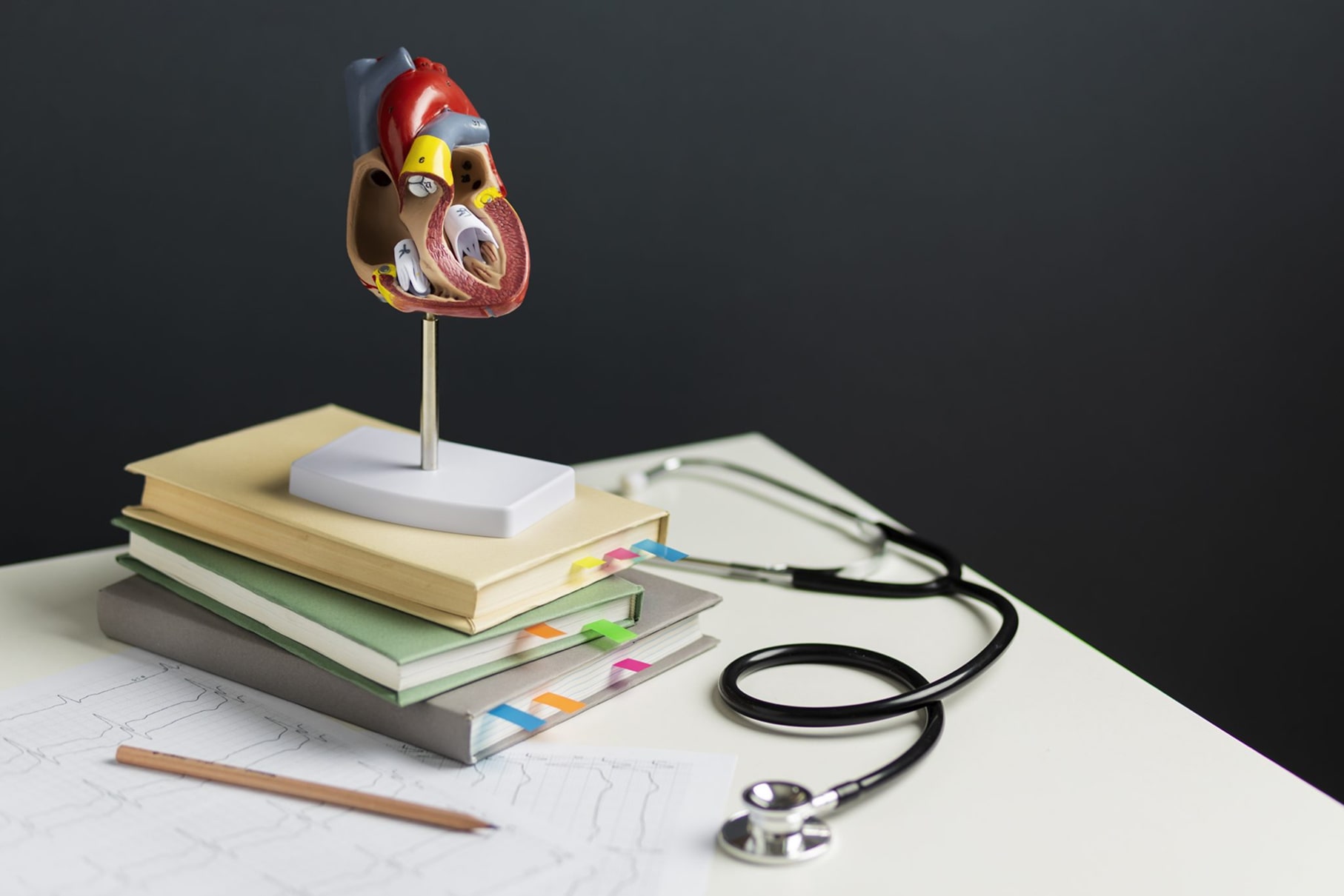
The NCDR, led by the ACC, aids hospitals and practices in improving cardiovascular care quality. With 2,400 global participants, it enhances patient outcomes and reduces healthcare costs. Clinical Registry Solutions relies on NCDR data abstraction for various purposes:
Step into the world of comprehensive cardiovascular data collection and analysis with the ACC NCDR registry. It paves the way for advancements in quality improvement, research, and clinical practice.
The AFib Ablation Registry tracks patients undergoing AFib ablation, a procedure using catheters to correct irregular heart rhythms. It monitors AFib rates, patient details, treatment outcomes, and complications. Analyzing this data improves treatment protocols and patient outcomes.
The ACC NCDR CathPCI Registry collects data on patients having diagnostic catheterization or PCI (angioplasty or stenting). It records patient details, procedures, and outcomes. This helps providers assess performance, identify areas for improvement, and track cardiovascular care trends.
The Chest Pain - MI Registry focuses on patients with acute myocardial infarction (AMI) or acute coronary syndrome (ACS). It collects data on demographics, clinical presentation, tests, treatments, and outcomes. Analyzing this data aids providers in improving the timeliness and effectiveness of care for patients experiencing chest pain and acute cardiac events.
The STS ACC TVT Registry monitors patients receiving minimally invasive transcatheter valve replacement and repair procedures for aortic and mitral valves. It gathers data on demographics, procedures, and outcomes. This enables healthcare providers to assess safety, efficacy, and patient outcome trends, facilitating quality improvement.
The Veradigm Cardiology Registry gathers patient data from cardiology practices, including demographics, medical history, tests, treatments, and outcomes. It's used for research on disease patterns, treatment effectiveness, and healthcare utilization. Additionally, it aids in quality improvement initiatives to enhance patient care and outcomes.
The Veradigm Metabolic Registry, part of the ACC NCDR registry, targets patients with metabolic conditions like diabetes, obesity, and dyslipidemia. It gathers data on demographics, medical history, tests, treatments, and outcomes related to these disorders. Analysis of this data reveals disease trends, treatment patterns, and factors affecting metabolic health, enhancing understanding and management of these conditions.
The EP Device Implant Registry is a centralized database for collecting data on cardiac device implantations, including ICD/CRT-D and select pacemaker procedures. Participating facilities contribute data to understand patient characteristics, treatment outcomes, and device safety. This registry provides benchmarking data to optimize patient care and allows institutions to compare their performance against national standards. Overall, it promotes quality improvement initiatives and enhances patient outcomes in cardiac arrhythmia and heart failure management.
The ACC LAAO Registry ensures quality care for your atrial fibrillation patients. It's the first national registry capturing data on left atrial appendage occlusion procedures, assessing real-world outcomes, safety, effectiveness, and cost-effectiveness. LAAO offers a vital treatment option for managing stroke risk in non-valvular AFib patients unable to maintain adequate anticoagulation. Approved by CMS, participation meets registry requirements for Percutaneous Left Atrial Appendage Closure.
Access the IMPACT Registry® for evidence-based guidelines and quality enhancement for pediatric and adult congenital heart disease patients. This multi-institutional dataset fills a crucial gap in national data collection, providing benchmarks for real-world performance. With modules tracking EP ablation and transcatheter pulmonary valve replacement procedures, EP physicians can collaborate to enhance care for CHD patients. Participation enables clinicians to benchmark their performance, find areas for improvement, and drive better outcomes for CHD patients.
We support CathPCI, Chest Pain-MI, ICD, LAAO, STS/ACC TVT, and other NCDR programs, aligning abstraction to evolving metrics and performance benchmarks.
Yes, our abstractors are trained on major EMR systems and abstraction tools, including Lumedx, ARMUS, and HeartBase.
Our team follows registry-specific training, internal audits, and validation checks to maintain high IRR and meet ACC/NCDR standards.
Both. We provide long-term registry support or short-term abstraction help during staffing gaps, surges, or reabstraction projects.
Cardiac Registry Support is officially Clinical Registry Solutions, reflecting the incredible growth and evolution we’ve achieved together over the years.
Why This Change Matters
When we started as Cardiac Registry Support, we built our reputation on excellence in cardiovascular data management. But you’ve helped us become so much more. Today, we support over 25 different clinical registries across multiple specialties, maintain a 97.3% + Inter-Rater Reliability rate, and serve healthcare facilities across the United States and Canada. Our new name finally matches the comprehensive expertise we’ve developed as a team.